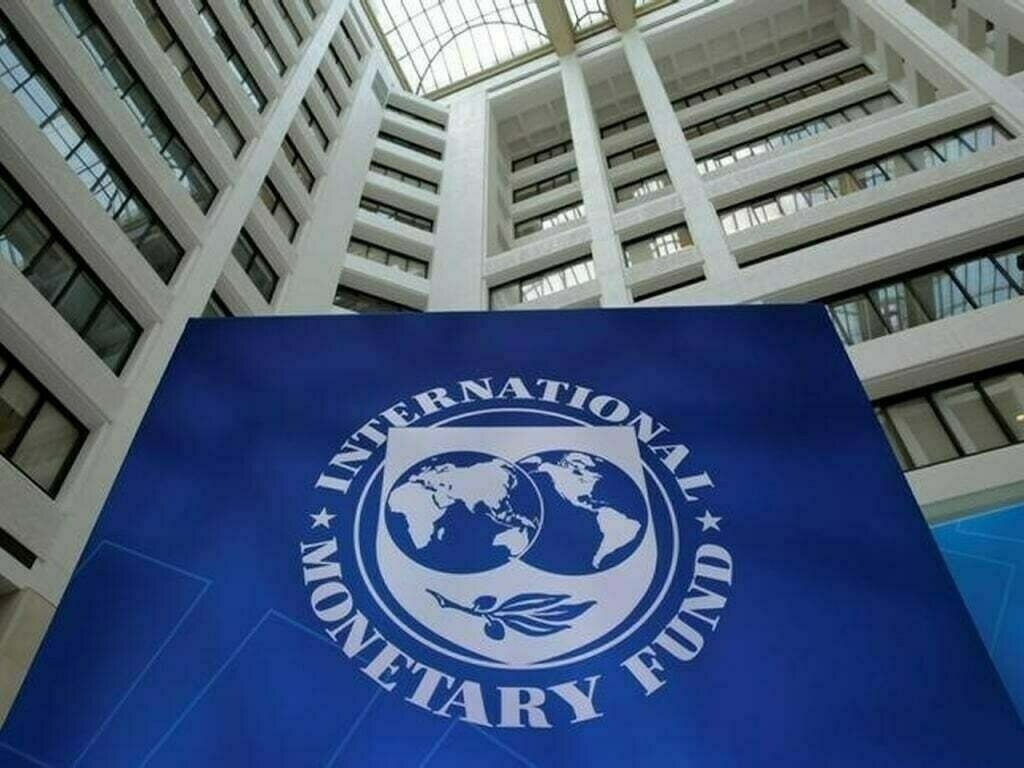In a notable development, Pakistan and the International Monetary Fund (IMF) have made significant headway in their ongoing virtual negotiations, according to informed sources. These discussions have focused on Pakistan’s economic strategies and the conditions necessary for securing a new loan program from the IMF.
The IMF has expressed its satisfaction with the rigorous economic measures incorporated into Pakistan’s latest budget. These stringent steps, designed to stabilize the economy, have been positively received by the Washington-based lender. The IMF commended the collaborative efforts of Pakistan’s political parties in crafting a budget that aims to address the country’s economic challenges.
One of the pivotal aspects of the budget that garnered IMF’s approval is the limitation of tax exemptions. This measure is intended to broaden the tax base and enhance revenue collection, which is crucial for the country’s economic health. By reducing the scope of tax exemptions, the government aims to ensure a more equitable tax system and improve fiscal discipline.
Sources have indicated that an IMF delegation is slated to visit Pakistan in the last week of June to finalize discussions for the new loan program. This visit is contingent upon Pakistan fulfilling the preliminary conditions set by the IMF, which, according to sources, have already been met. The anticipated arrival of the IMF team underscores the progress made in these negotiations and highlights the importance of continued economic reforms.
Furthermore, the IMF has set an expectation for Pakistan’s budget for the upcoming financial year to be approved by June 28 or 29. The timely approval of the budget is critical, as it aligns with the IMF’s requirements and ensures that the country remains on track with its economic recovery plan.
In the backdrop of these negotiations, the IMF has put forward several demands to bolster tax revenue and streamline economic policies. These include increased tax collection efforts from provincial governments, the imposition of taxes on agriculture and stationery items, and the introduction of a tax on monthly pensions. Additionally, the IMF has recommended raising gas and electricity prices and increasing the general sales tax (GST) to 18 percent.
The proposed increase in GST is particularly significant as it is expected to generate substantial revenue for the government. However, this move is likely to have widespread implications for consumers, as it would lead to higher prices for goods and services. Similarly, the recommended hikes in gas and electricity tariffs are aimed at addressing the financial deficits of state-owned utilities but could also lead to increased living costs for the public.
The inclusion of agricultural income in the tax net is a long-standing demand of the IMF. Agriculture is a major sector of Pakistan’s economy, yet it has historically enjoyed tax exemptions. Bringing this sector under the tax umbrella is seen as a necessary step for ensuring a fair and comprehensive tax system.
The tax on monthly pensions, while controversial, is another measure aimed at broadening the tax base. This proposal has sparked debate, as it directly impacts retired individuals who rely on pensions as a primary source of income. Balancing the need for increased revenue with the welfare of pensioners remains a challenging aspect of this policy.
Overall, the recent developments in the negotiations between Pakistan and the IMF indicate a concerted effort by the Pakistani government to meet international standards and secure financial support. The approval and implementation of the budget will be a critical milestone in this process, reflecting the government’s commitment to economic reforms and fiscal stability.
As the negotiations progress, the focus will remain on the effective implementation of these policies and the potential impacts on the economy and the general populace. The upcoming visit of the IMF delegation will be a decisive moment, setting the stage for the next phase of Pakistan’s economic recovery and cooperation with international financial institutions.




